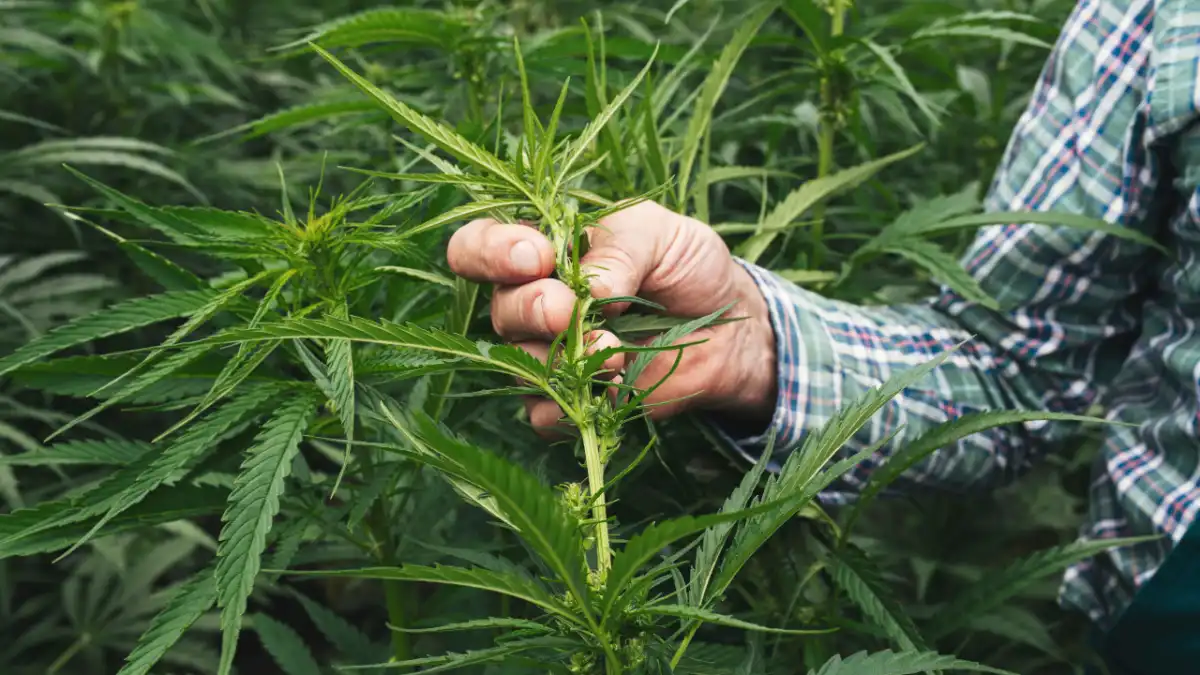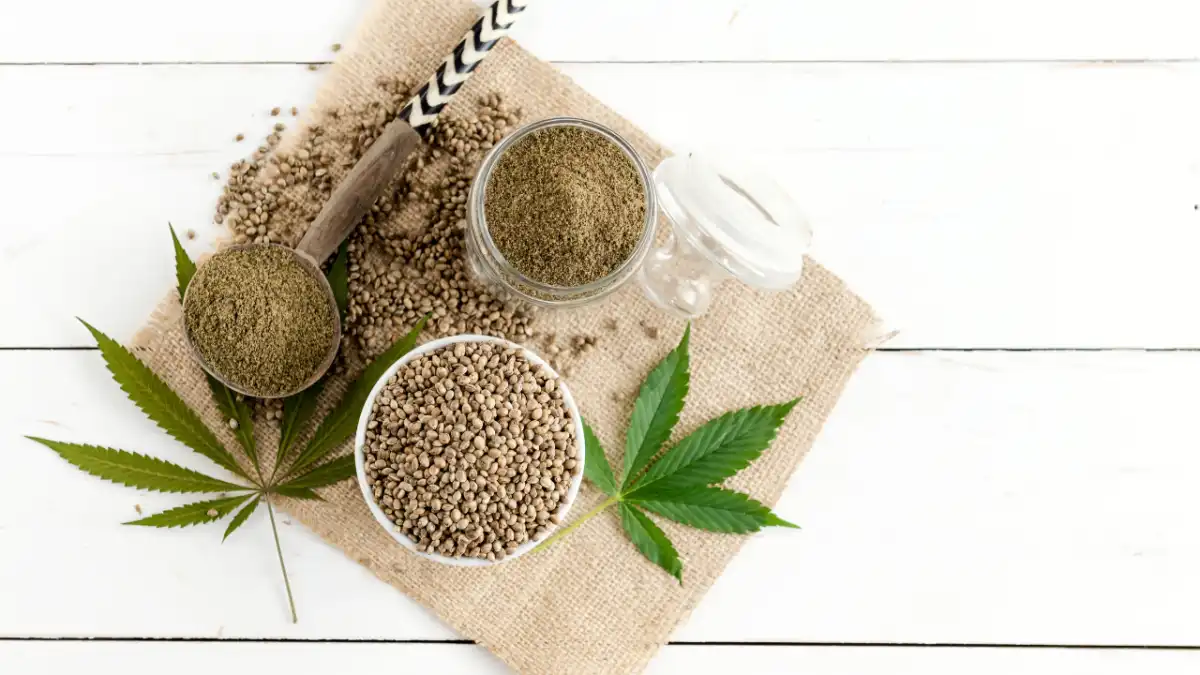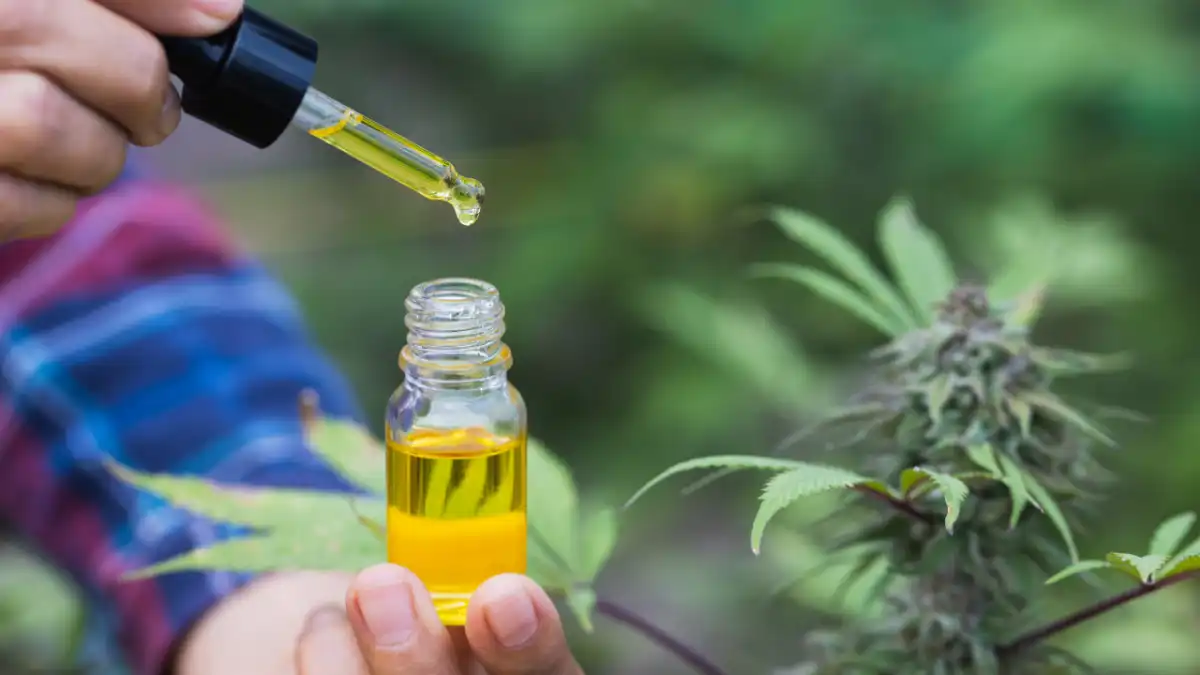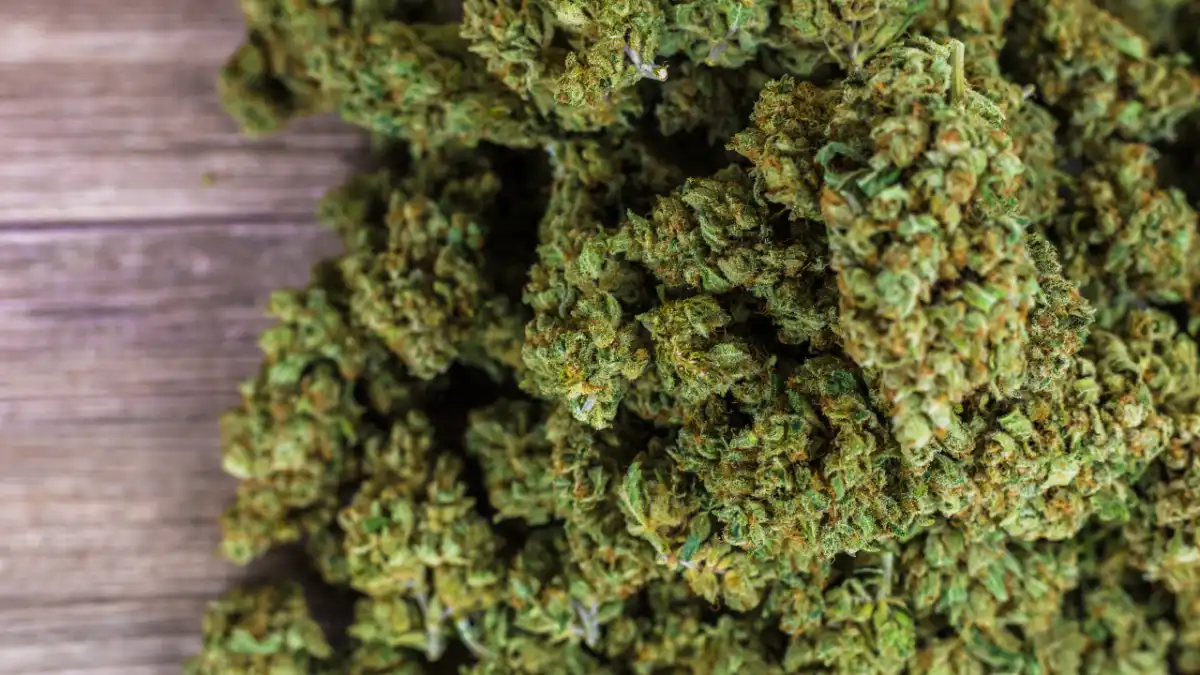You Smell Like Hemp. What’s the Big Deal?
Since the North Carolina Farm Bill of 2018 has been in effect, which created a large number of exclusions so that farmers could grow industrial hemp products in North Carolina, as opposed to the illegal “pot”, which contains THC, we have continued to struggle with the application of the law. Both pot and hemp come from a variety of the cannabis plant, however, hemp is grown for industrial products while other varieties are grown for drug use. The primary focus of this struggle is the everyday traffic stop.
Since around 1932 when the possession and control of cannabis and related products were outlawed by the federal government, its odor has been used as a tool in countless traffic stops. The plant, particularly when smoked, has a strong and distinctive smell which, historically, has given officers free rein to arrest drivers and search their vehicles during routine traffic stops. The impact of catching and stopping drug trafficking activities this capability has given to law enforcement over the years cannot be understated. It’s one of the most powerful law enforcement tools available in detecting and stopping the trafficking of illegal marijuana under our current regime.
Is Your Smell Enough for a Search and Arrest?
The Legality of Cannabis: Fence Sitting Pleases No One
These actions by Law Enforcement have begun to conflict with a growing national consensus casting doubt on the effectiveness and rationality of the continuing prohibition of cannabis and related products throughout the country. In fact, more than half of our states have legalized the consumption of recreational cannabis. North Carolina, in an attempt to appease everyone, is continuing to ride the fence on the issue and yet satisfying very few. While desiring the profits of the hemp industry and its byproducts including packaging, paper, rope, and several other industrial-scale uses, the North Carolina Legislature does not want to encourage or allow the use of mind-altering substances which could perhaps be harmful to society in some as yet unknown and mysterious way.
This inconsistency in the legality of cannabis is playing out in the courts as the legalization of products within the Farm Bill has allowed derivatives that fit the technical definitions of “permissible” to seep into the general population. With cannabis products such as Delta-8, THC-A, and pure CBD being widely available over the counter, the legality of Law Enforcement to search and arrest based on an indistinguishable smell from its illegal cousin, THC-9, what most people would think of when hearing “marijuana,” have been challenged consistently and loudly by defense attorneys across this state.

The Legality of Cannabis: Fence Sitting Pleases No One
These actions by Law Enforcement have begun to conflict with a growing national consensus casting doubt on the effectiveness and rationality of the continuing prohibition of cannabis and related products throughout the country. In fact, more than half of our states have legalized the consumption of recreational cannabis. North Carolina, in an attempt to appease everyone, is continuing to ride the fence on the issue and yet satisfying very few. While desiring the profits of the hemp industry and its byproducts including packaging, paper, rope, and several other industrial-scale uses, the North Carolina Legislature does not want to encourage or allow the use of mind-altering substances which could perhaps be harmful to society in some as yet unknown and mysterious way.
This inconsistency in the legality of cannabis is playing out in the courts as the legalization of products within the Farm Bill has allowed derivatives that fit the technical definitions of “permissible” to seep into the general population. With cannabis products such as Delta-8, THC-A, and pure CBD being widely available over the counter, the legality of Law Enforcement to search and arrest based on an indistinguishable smell from its illegal cousin, THC-9, what most people would think of when hearing “marijuana,” have been challenged consistently and loudly by defense attorneys across this state.


Citizen Arrested Because He Smelled Like Hemp
In the most recent challenge, State v. Springs, a case decided on January 16th of 2024, the North Carolina Court of Appeals attempted once more to grapple with the obviously insane concept of legalizing cannabis without legalizing cannabis. In this case, out of Mecklenburg County, a Law Enforcement Officer pulled Mr. Springs over for allegedly having fake license plate tags. When the officer approached the vehicle, he subjectively observed that Mr. Springs appeared “very nervous.” The officer ran Mr. Springs’ license and determined that it was expired, which would certainly have accounted for any nervousness. However, he then questioned Mr. Springs about the odor of marijuana in the vehicle. Mr. Springs denied having consumed any marijuana and told the officer he was driving his friend’s vehicle so he had no way to know about any activities within the vehicle before he borrowed it.
At this point, the officer asked Mr. Springs to step out of the vehicle while he conducted a search. After finding nothing incriminating in the car, the officer then asked to search Mr. Springs’ personal belongings which included a bag he had taken from the car. Within the bag found in the borrowed vehicle, the officer discovered a few baggies of white powder, a digital scale, and small amounts of a “green leafy substance.” Mr. Springs was then arrested and charged with Trafficking in Drugs and Possession with Intent to Sell or Deliver a Controlled Substance.
Citizen Arrested Because He Smelled Like Hemp
In the most recent challenge, State v. Springs, a case decided on January 16th of 2024, the North Carolina Court of Appeals attempted once more to grapple with the obviously insane concept of legalizing cannabis without legalizing cannabis. In this case, out of Mecklenburg County, a Law Enforcement Officer pulled Mr. Springs over for allegedly having fake license plate tags. When the officer approached the vehicle, he subjectively observed that Mr. Springs appeared “very nervous.” The officer ran Mr. Springs’ license and determined that it was expired, which would certainly have accounted for any nervousness. However, he then questioned Mr. Springs about the odor of marijuana in the vehicle. Mr. Springs denied having consumed any marijuana and told the officer he was driving his friend’s vehicle so he had no way to know about any activities within the vehicle before he borrowed it.
At this point, the officer asked Mr. Springs to step out of the vehicle while he conducted a search. After finding nothing incriminating in the car, the officer then asked to search Mr. Springs’ personal belongings which included a bag he had taken from the car. Within the bag found in the borrowed vehicle, the officer discovered a few baggies of white powder, a digital scale, and small amounts of a “green leafy substance.” Mr. Springs was then arrested and charged with Trafficking in Drugs and Possession with Intent to Sell or Deliver a Controlled Substance.

NC Court of Appeals Makes a High-Handed Decision
Mr. Springs’ defense attorney filed and argued a motion to suppress the evidence from the bag since “[hemp] is indistinguishable from marijuana in odor and appearance” and is legal in North Carolina. This means, logically, that “the odor of marijuana alone is no longer sufficient to establish probable cause for searches.” The Trial Court agreed with the motion and excluded all evidence gathered in the search. This ruling effectively ended the case for the State. It appeared Mr. Springs was exonerated and justice had been served. However, the State went on to appeal the ruling to the North Carolina Court of Appeals.
The Court of Appeals, after letting the State off the hook for failing to properly file an appeal concerning the case, struck down the Trial Court’s order based on a standard from an earlier case, State v. Parker. Parker, a North Carolina case decided in 2001 well before the passage of the Farmer’s Bill and the legalization of cannabis for recreational use in numerous States, determined that the odor of marijuana plus additional indications of criminality would be the standard for probable cause searches moving forward. The Court of Appeals found that the defendant’s admission his friend could have been smoking weed in the car previously, that the defendant was driving with a fictitious tag, and that he had an expired license were enough to “indicate criminality.” These factors, in addition to the odor of some form of cannabis, were sufficient for the Court of Appeals to overrule the Trial Court and strike the suppression of the evidence obtained from the search.

NC Court of Appeals Makes a High-Handed Decision
Mr. Springs’ defense attorney filed and argued a motion to suppress the evidence from the bag since “[hemp] is indistinguishable from marijuana in odor and appearance” and is legal in North Carolina. This means, logically, that “the odor of marijuana alone is no longer sufficient to establish probable cause for searches.” The Trial Court agreed with the motion and excluded all evidence gathered in the search. This ruling effectively ended the case for the State. It appeared Mr. Springs was exonerated and justice had been served. However, the State went on to appeal the ruling to the North Carolina Court of Appeals.
The Court of Appeals, after letting the State off the hook for failing to properly file an appeal concerning the case, struck down the Trial Court’s order based on a standard from an earlier case, State v. Parker. Parker, a North Carolina case decided in 2001 well before the passage of the Farmer’s Bill and the legalization of cannabis for recreational use in numerous States, determined that the odor of marijuana plus additional indications of criminality would be the standard for probable cause searches moving forward. The Court of Appeals found that the defendant’s admission his friend could have been smoking weed in the car previously, that the defendant was driving with a fictitious tag, and that he had an expired license were enough to “indicate criminality.” These factors, in addition to the odor of some form of cannabis, were sufficient for the Court of Appeals to overrule the Trial Court and strike the suppression of the evidence obtained from the search.


Putting it in modern terms, the Court of Appeals found that someone possibly consuming a legal substance in a vehicle and an entirely different person violating basic traffic laws were enough to justify the search and seizure of their vehicle. This is not the type of logic or decision-making that free societies are made of.
CONTACT US
If you have been charged with a Drug Crime or may have been the victim of an illegal search and seizure, it’s imperative your defense attorney stays updated on the current legal rulings coming through the NC Court System. These can profoundly impact your defense. Here, at Dummit Fradin, our Attorneys work tirelessly to stay current so they can provide you with a thorough and effective defense no matter the circumstances or charges. Let us get started on your analysis today!
Putting it in modern terms, the Court of Appeals found that someone possibly consuming a legal substance in a vehicle and an entirely different person violating basic traffic laws were enough to justify the search and seizure of their vehicle. This is not the type of logic or decision-making that free societies are made of.
CONTACT US
If you have been charged with a Drug Crime or may have been the victim of an illegal search and seizure, it’s imperative your defense attorney stays updated on the current legal rulings coming through the NC Court System. These can profoundly impact your defense. Here, at Dummit Fradin, our Attorneys work tirelessly to stay current so they can provide you with a thorough and effective defense no matter the circumstances or charges. Let us get started on your analysis today!

